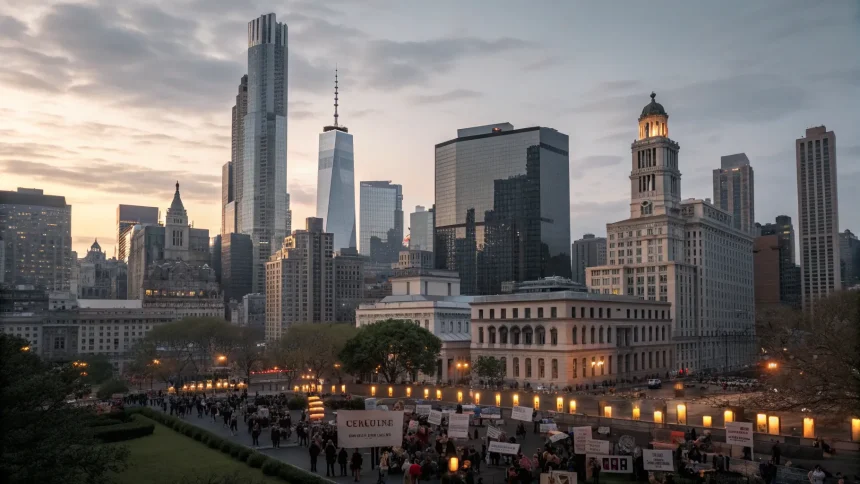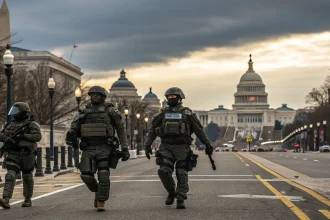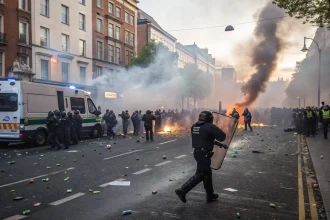Recent concerns have emerged about threats to democratic norms that affect not just isolated communities but the broader foundations of democratic society. Experts warn that these challenges represent a systemic issue with far-reaching implications for public safety and institutional stability.
The warning comes amid growing recognition that attacks on democratic processes in one area can quickly spread, creating ripple effects throughout the entire democratic system. Security specialists and political analysts emphasize that democratic norms serve as protective mechanisms for all citizens, regardless of political affiliation or community identity.
Shared Democratic Safeguards
Democratic norms—including free and fair elections, peaceful transfers of power, respect for minority rights, and adherence to constitutional principles—function as safeguards that protect all communities within a democratic society. When these norms erode in one sector, the protective framework weakens for everyone.
“This is not only about one community, but the democratic norms that keep us all safe,” noted a security expert familiar with the situation. This perspective highlights the interconnected nature of democratic institutions and their protective function across diverse communities.
Political scientists point out that democratic systems rely on a complex web of formal rules and informal practices. These include respect for election results, protection of free press, independent judiciary, and constraints on executive power—all of which work together to prevent authoritarian overreach and protect citizens’ rights.
Cross-Community Impacts
Research indicates that threats to democratic processes often begin with targeting specific communities but rarely remain contained. Historical examples show how democratic backsliding typically starts with marginalized groups before expanding to affect broader populations.
The current situation reflects growing awareness that attacks on democratic institutions in one community create dangerous precedents that can be applied elsewhere. Civil rights advocates stress that protecting democratic norms requires cross-community solidarity rather than viewing threats as isolated incidents.
Several key factors contribute to this dynamic:
- Normalization of anti-democratic practices in one context makes them easier to implement elsewhere
- Weakened institutional checks and balances affect all citizens equally
- Erosion of trust in democratic processes reduces overall civic participation
- Attacks on voting rights in one community often expand to others
Collective Security Through Democratic Integrity
Security experts emphasize that democratic norms provide collective protection through institutional stability, rule of law, and peaceful conflict resolution mechanisms. When these systems function properly, they create secure environments for all communities to thrive.
The relationship between democratic health and public safety extends beyond political considerations to affect economic stability, social cohesion, and national security. Countries with strong democratic institutions typically experience lower levels of political violence and greater resilience during crises.
“This is not only about one community, but the democratic norms that keep us all safe.”
Analysts note that protecting democratic norms requires vigilance from citizens across political and social divides. This includes supporting independent election administration, respecting judicial independence, and rejecting political violence regardless of which communities might initially appear targeted.
As democratic institutions face mounting pressures globally, the reminder that these systems protect everyone—not just specific communities—offers a framework for building broader coalitions to defend democratic principles. The health of democracy, experts conclude, remains a shared interest that transcends community boundaries while providing security for all.









